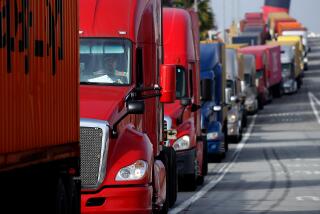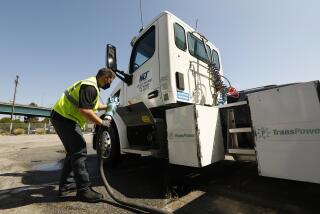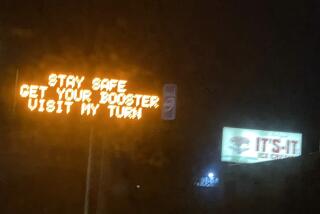Company battled U.S. safety rules
U-Haul is mostly self-regulating when it comes to towing safety — thanks largely to an aggressive campaign it led against proposed federal rules in the late 1960s and early ‘70s.
The safety standards would have governed trailer hitches and couplings and would have set minimum requirements for informing customers of towing risks.
They were inspired in part by the so-called Route 66 study by traffic expert J. Stannard Baker, which found that cars towing trailers along the storied roadway had accidents at four times the rate of other passenger vehicles.
U-Haul and a coalition of manufacturers, dealers and rental firms fought the rules vigorously. In a three-volume report, U-Haul attacked the Baker study as deeply flawed and insisted that motorists actually had fewer accidents when pulling trailers. It said that by taking the study seriously, the government had done “an injustice to the American trailering public.”
U-Haul said that if certain proposals were adopted — such as requiring special hitches for loads over 2,000 pounds — “the trailering and rental business would virtually be wiped out.”
In 1972, after a four-year battle, the National Highway Traffic Safety Administration decided that “sufficient justification for regulations of the nature proposed has not been shown at this time.”
More to Read
Start your day right
Sign up for Essential California for news, features and recommendations from the L.A. Times and beyond in your inbox six days a week.
You may occasionally receive promotional content from the Los Angeles Times.






